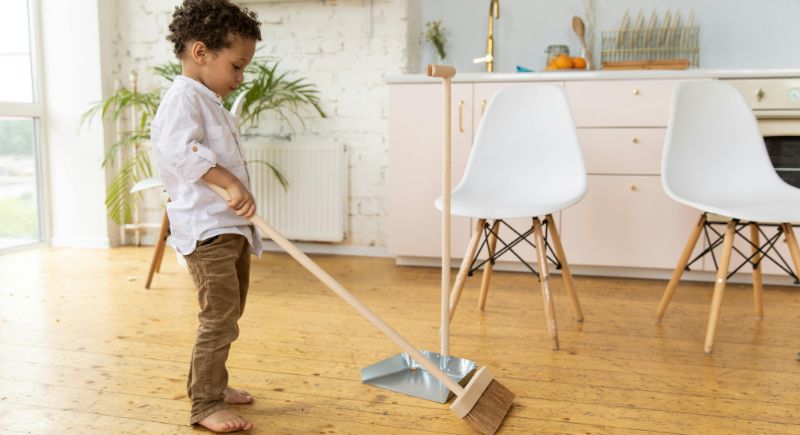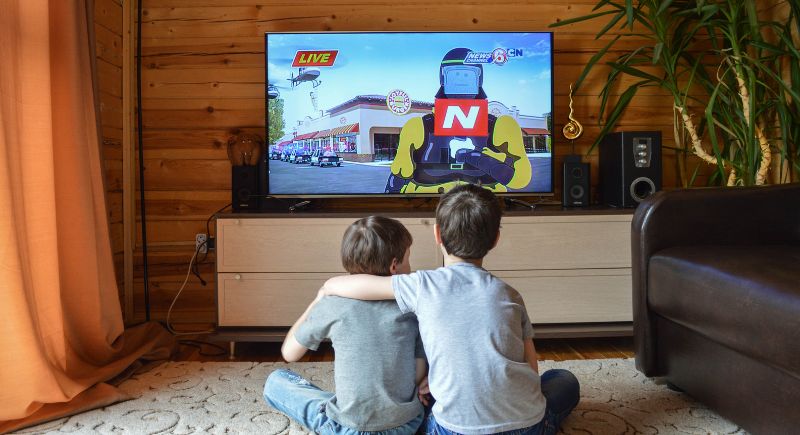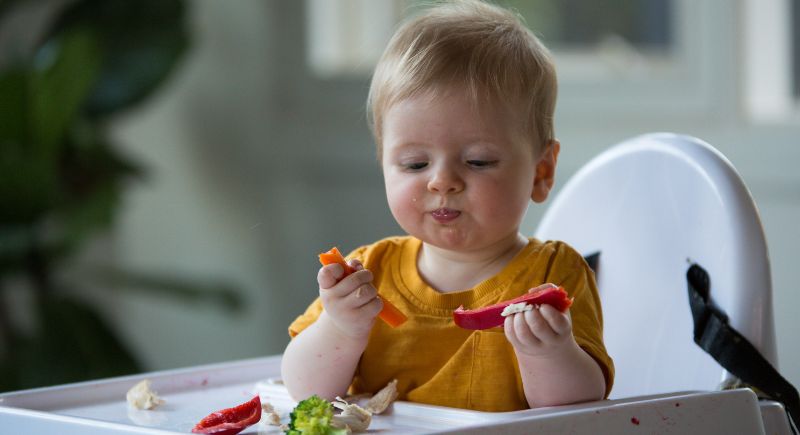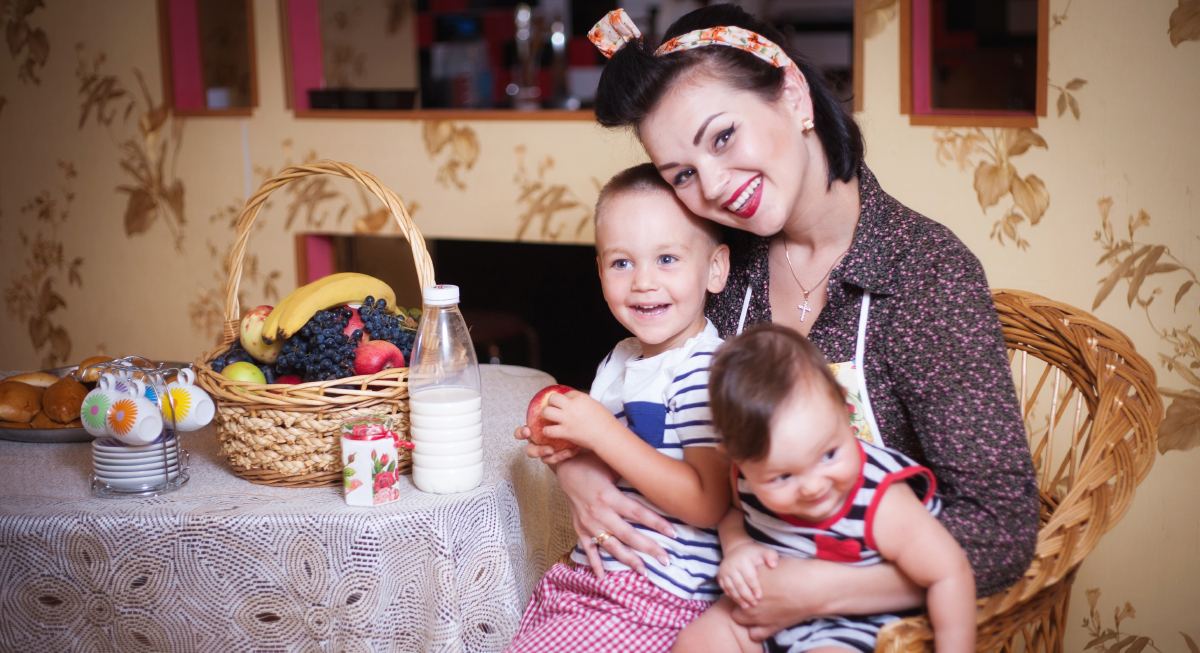Sometimes, parenting may feel like a never-ending checklist. But when you talk about these struggles to moms from the 70s, they have a completely different perspective. So does that mean they really had it easy? Well, moms in the 1970s raised kids without meal-prep pressure, digital tracking, or judgment from strangers online. They didn’t stress over screen time or research preschools like college applications. Today’s parents, on the other hand, face non-stop demands.
Here’s a look at what made it easier back then and why so many modern moms are exhausted trying to keep up.
“Go Play” Actually Meant Go Outside and Disappear for Hours

Credit: Getty Images
In the ‘70s, parents didn’t hover over the kids 24/7. You left the house, played with your friends, and came back for dinner. Outside playtime required no supervision or constant phones to keep a check. And interestingly, no one panicked.
Boredom Wasn’t a Parenting Emergency

Credit: pexels
Moms didn’t bend over backward to fill every hour. If you said, “I’m bored,” you got a broom or were told to play outside. That unstructured time helped kids become creative and independent. These days, boredom triggers guilt and a frantic search for enrichment activities.
Teachers Taught. Parents Parented. Everyone Stayed in Their Lane.

Credit: Getty Images
School didn’t come with a digital dashboard or a constant stream of reminders. You showed up, did your work, and your parents maybe heard from the teacher once a year. On the other hand, modern families are expected to manage school like a side job and answer emails at midnight.
Lunch Wasn’t a Nutrition Debate

Credit: Getty Images
Kids ate what was available. Fish sticks, white bread, bright orange crackers—no one panicked over the ingredients. Labels were new, and allergies weren’t a daily topic. Packing lunch these days involves label-checking, social pressure, and worrying if peanut butter might get your kid sent home.
No One Expected You to Share Your Parenting With the World

Credit: Getty Images
There was no pressure to post milestones or curate perfect birthday photos. Parenting stayed offline. But social media has turned every normal moment into content. That can feel exhausting to new-age moms. Moms now balance parenting with maintaining an image, often under the judgment of people they’ve never even met.
One Paycheck Actually Covered the Basics

Credit: Getty Images
Back then, a single income could pay the mortgage, buy groceries, and still leave room for a family vacation. Moms had the choice to stay home without sacrificing financial stability. Since then, due to ever-rising inflation, most families need two incomes just to afford rent and daycare—let alone anything extra.
Saving for College Didn’t Start in Preschool

Credit: Getty Images
In 1975, a year at a public university cost less than $600, and a private college around $2,000. Parents didn’t panic about tuition before their kids could spell it. Rising tuition has forced parents to start saving before kindergarten and still end up dealing with crushing student loans later.
Advice Came From Someone You Actually Knew

Credit: Getty Images
If you had a parenting question, you called your mom or asked a neighbor. There were no endless forums or conflicting “expert” videos. And definitely no judgment from strangers. A single Google search can lead to 50 opinions, five TikToks, and a whole new set of anxieties.
Siblings Kept Each Other Busy

Credit: studioroman
Families had more kids, which meant built-in playmates. You learned to share, argue, and entertain yourselves without adult input. Parents didn’t plan out every hour. Most families are unable to afford the luxury of a big family anymore.
No One Debated Discipline in the Comment Section

Credit: Getty Images
Discipline stayed in the home. If a kid acted up, the parent handled it. No one filmed tantrums or dissected timeouts on social media. The availability of social media has made it very easy to criticize every moment—too strict, too soft, too outdated. It’s harder to parent confidently with a million voices weighing in.
Screen Time Was Once-a-Week, Not All-Day

Credit: pexels
Cartoons aired on Saturday mornings, and that was about it. TVs didn’t follow you into restaurants or bedrooms. The availability of tech means screens are everywhere. There are phones, tablets, and games—all demanding time and attention. Parents spend more time managing devices than actually enjoying quiet time with their kids.
When You Clocked Out, You Actually Stopped Working

Credit: Canva
Back then, there were no emails after hours or surprise Zoom calls during dinner. Parents had real downtime. Unfortunately, work-life balance is at an all-time low, and work bleeds into every corner of family life. It’s harder to unplug, even when you’re home in pajamas with the kids.
No One Tried to “Optimize” Every Parenting Moment

Credit: Getty Images
Moms weren’t chasing milestones or comparing baby-led weaning charts. You did your best, and that was enough. Modern parenting feels like a project to perfect. Parents track everything from sleep cycles to snack choices, trying to keep up with constantly shifting standards.
Birthday Parties Didn’t Need a Theme or Budget

Credit: Getty Images
You had cake, a few balloons, and some loud kids playing tag in the yard. That was it. Planning your child’s birthday didn’t involve event planners or expensive party favors that matched the tablecloth.
Back-to-School Shopping Didn’t Need a Second Mortgage

Credit: studioroman
You bought notebooks, pencils, and maybe a new backpack. That was the list. Society is now far more rooted in consumerism and school supply shopping includes tech, name-brand items, and teacher-specific requests. It’s expensive and stressful, and somehow, you still forget the one thing the school swears your kid has to have.





